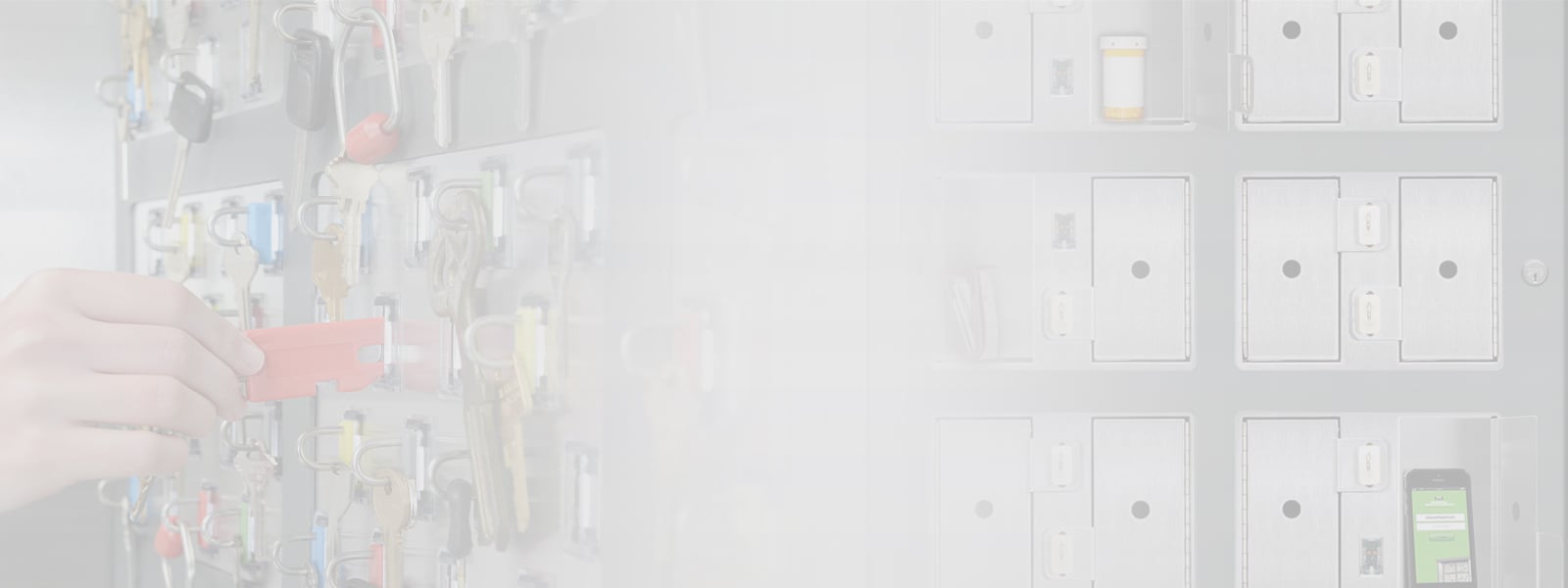Emerging technologies are changing the face of physical security, including the ways in which it is delivered and implemented. From cloud-based storage solutions to VSaaS (Video Surveillance as a Service) offerings to intelligent analytics to IOT (Internet of Things), these trends are having far-reaching implications in the physical security market. For one, the new technology can create a dilemma for the end user as to whether a new system should be implemented in place of an existing system – and what value is derived in doing so.
A case can usually be made for the new system based on cost efficiencies, improved effectiveness, scalability and so on. Exceptions to this line of reasoning do exist, however, and one that is clearly evident is maintaining use of a key management system. There are several reasons why key organizer systems are here for the long term but the three most compelling are – evolving technology, installed base and need.
Today’s automated key management systems bear little, if any, resemblance to key control systems of the past. The technology has evolved and kept pace with industry trends, offering new time saving and integration capabilities that help ensure increased security and operational efficiencies.
The prevalence of mechanical locks and keys can make it unreasonable to pursue wholesale replacement with another type of access control. After all: keys work. Key management systems allow keys to be stored, controlled and tracked and only authorized users can access keys for which they have been pre-programmed to use.
Not every situation needs a comprehensive technology solution. For example, applications such as fleet management need to allow the use of multiple sets of keys that need to be accounted for and securely stored when not in use. A key bank system fully meets this need without adding peripheral systems.
Key management systems have been around for as long as keys have been in play and will continue to play an important role in managing risk.
What key access control system is best for your facility? Contact one of our experts for more info!



